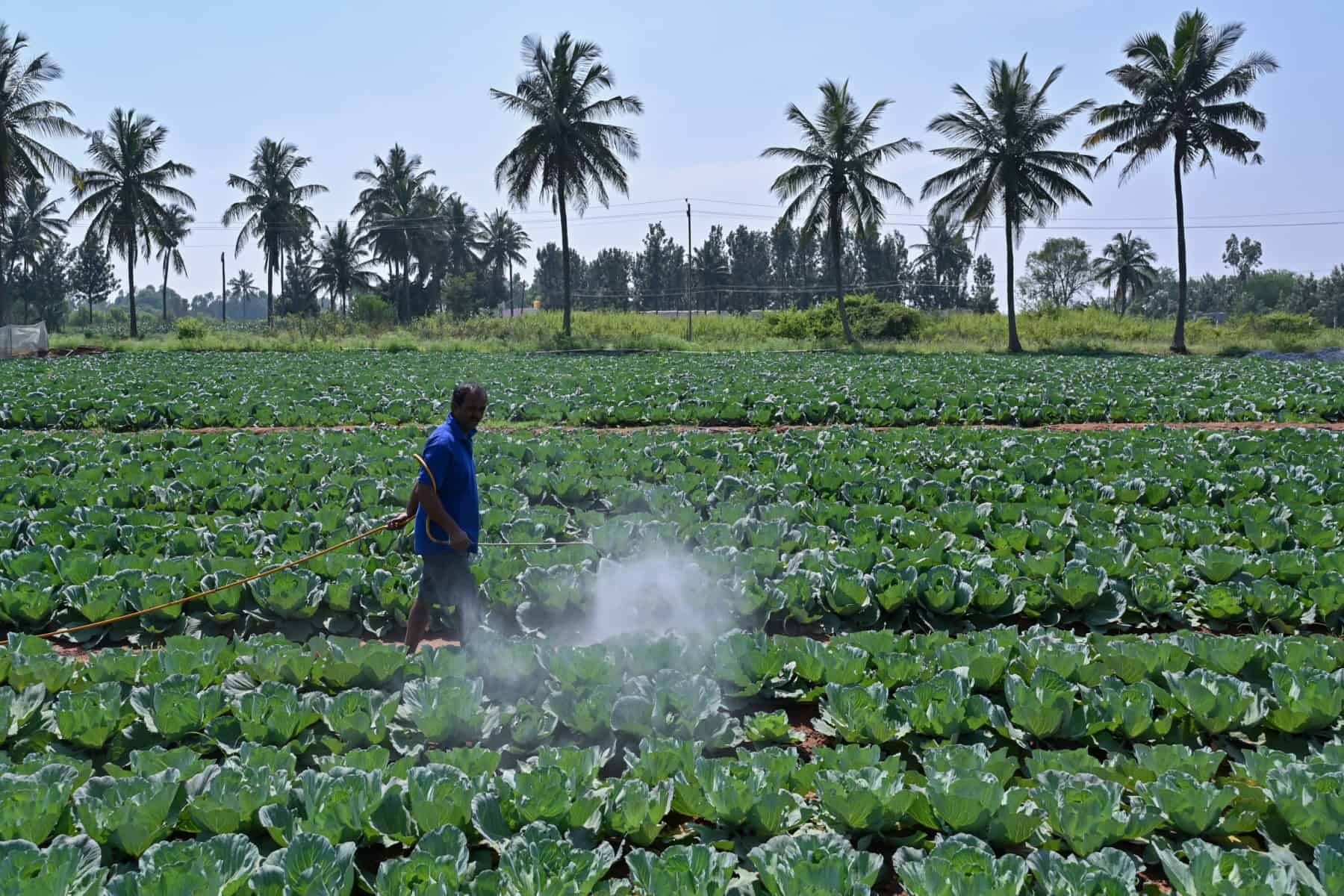Copenhagen, Denmark– The EU environment agency on Wednesday urged member states to reduce pesticide usage, as sales remain stable despite being polluting, linked to chronic illnesses and causing biodiversity loss.
“From 2011 to 2020, pesticide sales in the EU-27 remained relatively stable at around 350,000 tonnes per year,” the European Environment Agency (EEA) said in a new report, citing data from Eurostat.
Pesticides are widely used in the agriculture sector but also in forestry, along roads and railways, and in urban areas such as public parks, playgrounds or gardens.
In 2020, one or more pesticides were detected above thresholds of concern at 22 percent of all monitoring sites in rivers and lakes across Europe, the EEA said.
The insecticide imidacloprid and the herbicide metolachlor showed the highest absolute number of exceedances across Europe, primarily in northern Italy and northeastern Spain.
In groundwater, the herbicide atrazine caused the most exceedances — even though it has been banned since 2007.
Human exposure to chemical pesticides, primarily through food but also through the air in agriculture-intense regions, is linked to the development of cardiac, respiratory and neurological disease, as well as cancer, the report said.
“Worryingly, all of the pesticides monitored … were detected in higher concentrations in children than in adults,” the EEA said.
In a study conducted in Spain, Latvia, Hungary, Czech Republic and the Netherlands between 2014 and 2021, at least two pesticides were detected in the bodies of 84 percent of survey participants.
Far fewer insects
Pesticide pollution is also driving biodiversity loss across the continent, causing significant declines in insect populations and threatening the critical role they play in food production.
A German study cited in the report found a 76 percent decline in flying insects in protected zones over a period of 27 years.
It identified pesticides as one of the reasons for the decline.
In 11 EU member states, pesticide sales decreased between 2011 and 2020, with the biggest drops in the Czech Republic, Portugal and Denmark.
Latvia and Austria saw the strongest rates of increase in terms of sales, while the sharpest rises in volumes were registered in Germany and France.
These two latter countries, along with Spain and Italy — the EU’s four biggest agricultural producers — account for the highest volumes sold for most groups of active substances.
Modern food production systems rely on high volumes of chemical pesticides to ensure crop yield stability and quantity, and maintain food security.
According to the EEA, 83 percent of agricultural soils tested in a 2019 study contained pesticide residues.
The agency urged the EU’s 27 members to cut dependency on pesticides.
“We could reduce our dependency on chemical pesticides to maintain crop yields and our overall pesticide use volumes by shifting to alternative models of agriculture, such as agroecology,” it said.

